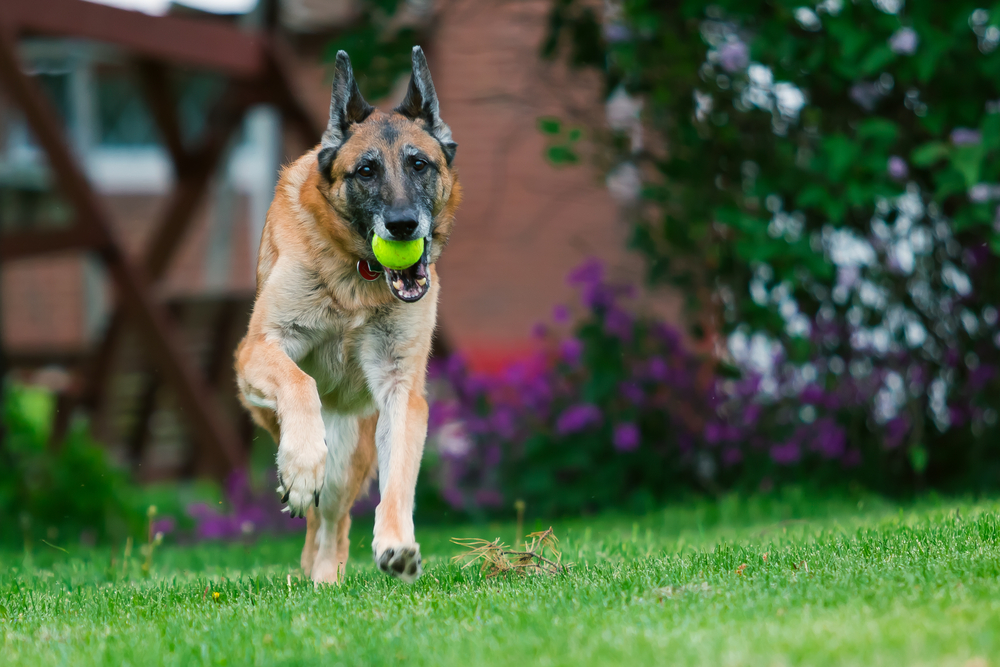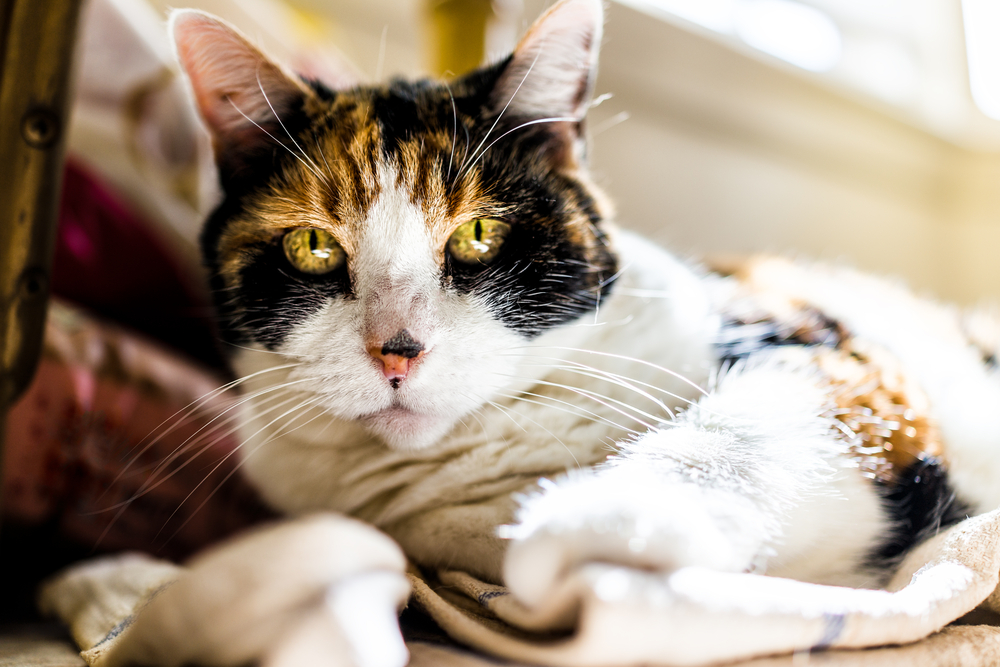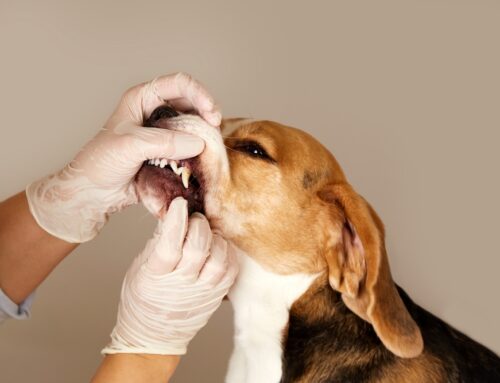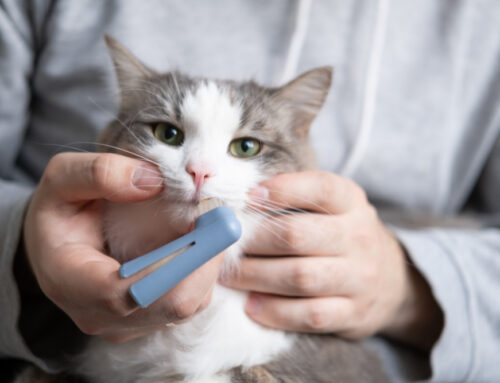The companionship of a senior pet is something special. Whether you’ve had your pet since they were young or have recently adopted a grey-muzzled furry friend, you know that the bond you share is powerful, and you want to ensure you enjoy many more years together. While our pets’ lives will always feel too short, we can make the most of the time we have with these incredible creatures and provide the special care they need to enjoy a happy, healthy seniorhood. Our team at Cane Bay Veterinary Clinic shares five tips to support your special senior pet.
#1: Determine when your pet becomes a senior
Pets attain their senior citizenship status at different ages, depending on their species and breed. Knowing when your pet is considered a senior can help you prepare for their aging process.
- Dogs — In general, large-breed dogs age faster than small-breed dogs. Small breeds are considered seniors at around 10 to 12 years of age, medium-sized breeds at around 8 to 9 years of age, and large and giant breeds at around 6 to 7 years of age.
- Cats — According to the American Association of Feline Practitioners (AAFP), cats are considered senior citizens at 11 to 14 years of age.
#2: Prioritize senior pet wellness care
Wellness care, which focuses on preventing disease and detecting health problems early, is particularly important for senior pets. As your pet ages, their immune system becomes compromised, which makes them more susceptible to health conditions such as arthritis, cancer, cataracts, chronic kidney disease (CKD), and obesity.
Regular wellness visits provide your veterinarian with the opportunity to screen for diseases that your pet may be developing when they are still in the early stages and most treatable. Schedule a senior wellness every six months, no matter how healthy your pet appears. Pets cannot vocalize how they feel, so it’s up to you and our veterinary team to take a proactive approach to their health by screening and monitoring them for potential disease or discomfort.
#3: Watch your senior pet for pain signs
Chronic pain caused by age-related conditions, such as arthritis and dental disease, is common in senior pets, but the signs can easily be missed. Pets instinctively hide their pain, and initial pain signs can be subtle, so monitoring your pet’s behavior and watching for slight behavioral changes that may indicate your pet is hurting is extremely important. Watch your senior pet’s behavior closely for any changes that may indicate pain, such as:
- Lameness or limping
- Reluctance to walk, sit, or jump
- Increased irritability
- Difficulty using stairs
- Restlessness
- Appetite loss
- Body posture changes
- Excessive licking of one body area
If your senior pet displays any of these behaviors, schedule an appointment with our Cane Bay Veterinary Clinic team, so we can determine the cause and relieve your pet’s pain.
#4: Don’t forget about your senior pet’s dental health
Poor dental health can cause your pet significant pain and can result in serious problems, such as lost teeth or a fractured jaw. The bacteria that accumulate around teeth and gums can also enter the bloodstream and damage other organs, such as the heart, kidneys, and liver. Your senior pet should continue to receive regular veterinary dental cleanings, in addition to daily toothbrushing.
#5: Manage your senior pet’s weight

Metabolism often slows with age, and various health issues can compound an older pet’s sluggish metabolism, which means they are more likely to put on weight. Pets who carry too much weight are at an increased risk for a multitude of significant diseases, but the following strategies can help your senior pet lower their risk for weight-related health conditions:
- Determine your pet’s caloric needs — Consider your pet’s age, weight, activity level, breed, and spay or neuter status to calculate their daily energy needs.
- Feed appropriately portioned meals — Ideally, pets should eat two or three times a day, so divide the amount of food they need into the number of meals they eat throughout the day. Use a standard measuring cup or a kitchen scale to accurately measure your pet’s meal portion.
- Limit treats — Treats should account for no more than 10% of your pet’s daily caloric intake.
- Assess your pet’s body condition — A body conditions score (BCS) assigns pets a one-through-nine score, with a score of four or five representing an ideal weight. Use these cat and dog BCS scoring tools to determine how your pet measures up.
- Keep your senior pet active — Manage your pet’s weight and help keep them mobile by encouraging them to exercise each day. Ask your veterinarian to recommend appropriate exercises that keep senior pets moving. Regular activity also helps stimulate their mind.
Caring for your senior pet is a journey, and we are here to support you every step of the way. Contact our Cane Bay Veterinary Clinic team to schedule your senior pet’s wellness exam, to ensure we detect and treat problems early so your pet gets the most from their golden years.






Leave A Comment